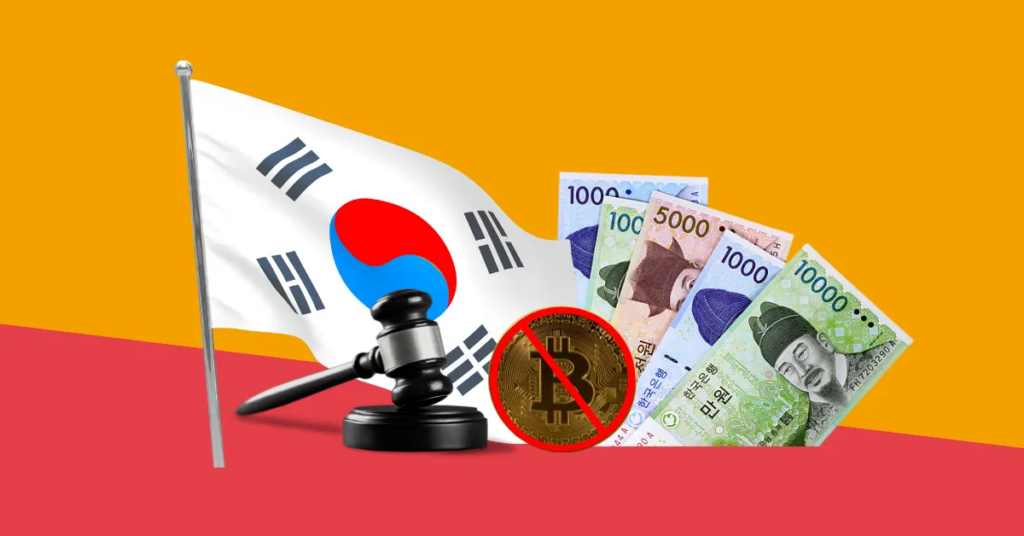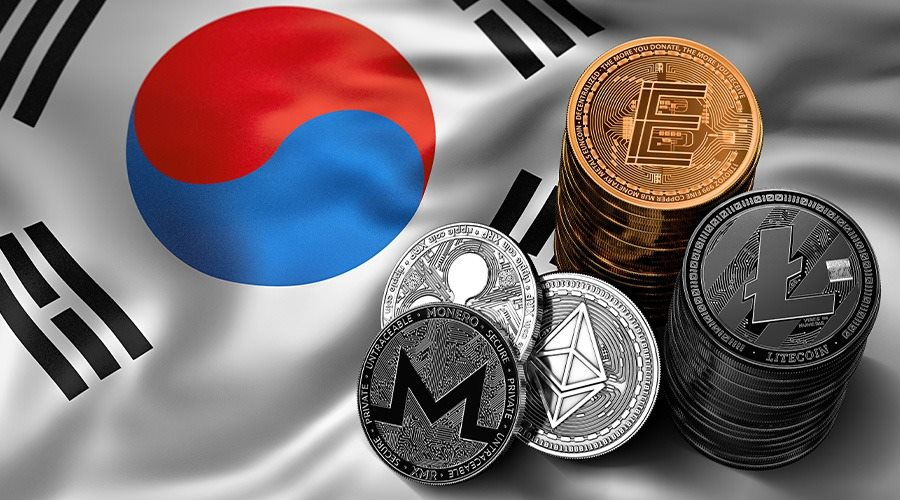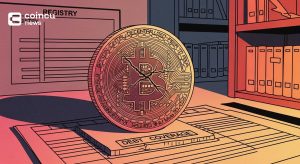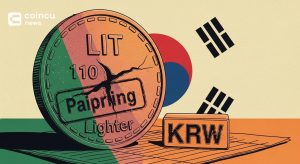South Korean Exchanges Required to Safeguard Users with Compensation Reserves!
Key Points:
- South Korean exchanges required to maintain $2.28M-$1,520 reserves since September.
- Reserves aim to compensate users for losses in hacking or accidents.
- Authorities prioritize safety in the evolving crypto landscape.
South Korean cryptocurrency exchanges are facing a regulatory shift as authorities enforce new measures to enhance user protection and financial stability within the industry.

Recent mandates require exchanges obtaining accounts from banks to adhere to specific financial reserves, ranging from a minimum of $2.28 million to a maximum of $1,520.
These requirements, which came into effect in September, are aimed at safeguarding users from potential losses resulting from unfortunate incidents like hacking. By enforcing these financial safeguards, authorities seek to bolster user confidence in the cryptocurrency exchange ecosystem, reducing the risk associated with potential breaches.
The establishment of a minimum reserve of $2.28 million signifies a proactive step by exchanges to ensure they are adequately equipped to address potential emergencies. This sum serves as a safety net that can be utilized in the event of unforeseen situations, contributing to the industry’s overall resilience.

The imposition of a maximum reserve of $1,520 indicates a regulatory balance that prevents excessive accumulation of funds by exchanges. This approach aims to strike a chord between user protection and financial prudence within the cryptocurrency landscape.
South Korean authorities signal their commitment to fostering a secure and sustainable environment for cryptocurrency trading. The measures not only safeguard individual users but also work towards reducing systemic risk and maintaining the stability of the broader financial ecosystem.
DISCLAIMER: The information on this website is provided as general market commentary and does not constitute investment advice. We encourage you to do your own research before investing.





















